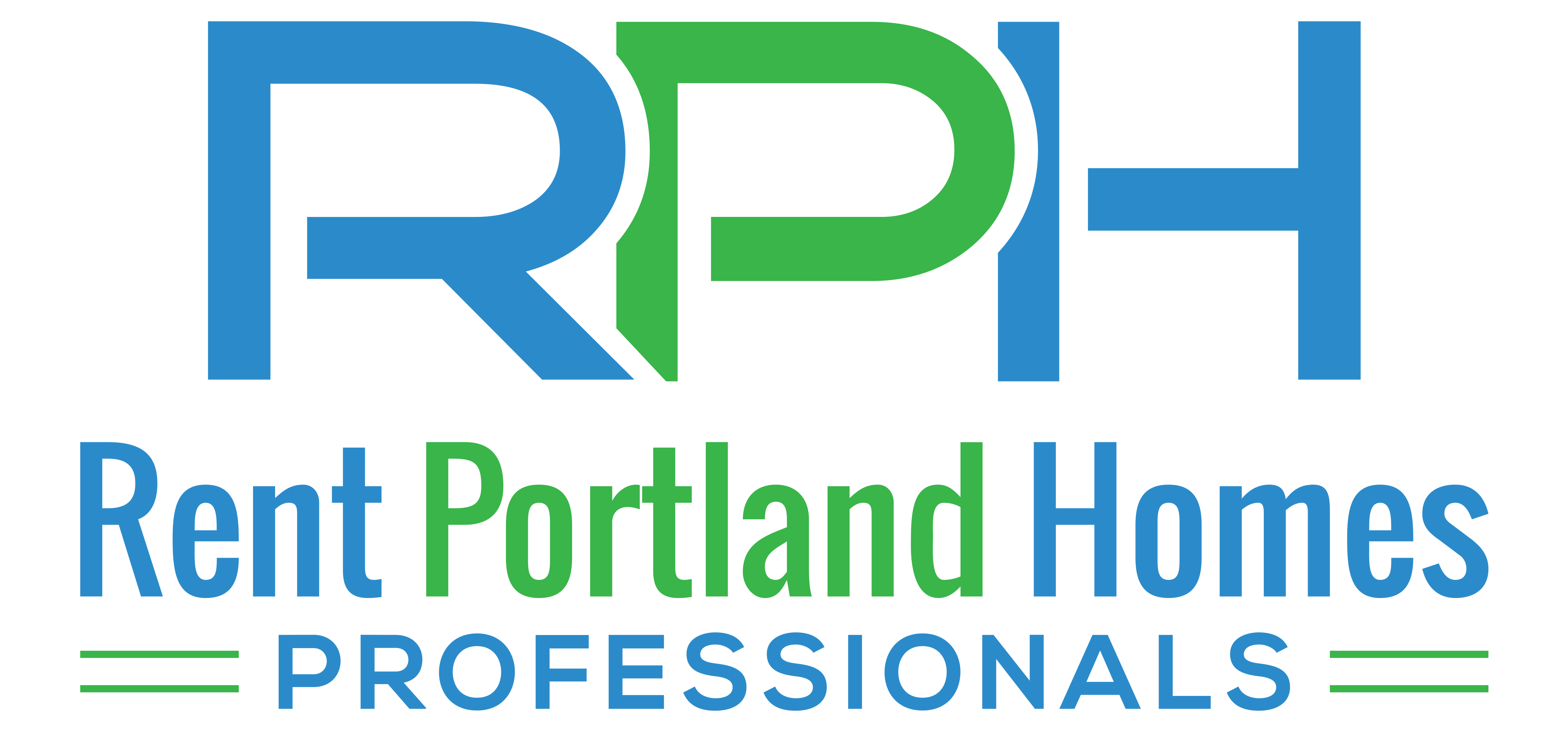Tips for handling landlord-tenant disputes in 2024

Dealing with landlord-tenant disputes can be challenging, but effective communication and a proactive approach can often help resolve issues amicably. Here are some tips for managing landlord-tenant disputes:
- Understand the Lease Agreement:
- Review the lease agreement thoroughly to understand the rights and responsibilities of both parties. This document serves as the foundation for resolving disputes.
- Effective Communication:
- Maintain open and respectful communication. Encourage both parties to express their concerns and listen actively to understand each other’s perspectives.
- Document Everything:
- Keep detailed records of all communication, including emails, letters, and conversations. Document the dates, times, and nature of each interaction. This documentation can be valuable if the dispute escalates.
- Know the Law:
- Familiarize yourself with local landlord-tenant laws. Understanding the legal rights and obligations of both parties can help guide the resolution process.
- Mediation:
- Consider mediation as a voluntary and confidential process to facilitate communication and negotiation. A neutral third party can help both parties reach a mutually acceptable agreement.
- Involve Professionals:
- If the dispute persists, consult legal professionals or mediators specializing in landlord-tenant issues. They can provide expert advice and guidance.
- Repairs and Maintenance:
- Promptly address maintenance issues to prevent them from becoming larger problems. A well-maintained property can reduce the likelihood of disputes.
- Provide Notice:
- Give proper notice before entering the rental property, as required by the lease agreement and local laws. Respect the tenant’s privacy, and communicate clearly about the purpose of the entry.
- Rent Payment Issues:
- If the dispute involves late rent payments, be flexible and considerate. Establish clear communication about any financial difficulties the tenant may be experiencing.
- Security Deposits:
- Clearly outline the conditions under which the security deposit may be withheld. Provide an itemized list of deductions and return the deposit within the timeframe stipulated by local laws.
- Follow the Proper Eviction Procedures:
- If eviction becomes necessary, follow the legal process outlined in your jurisdiction. Attempting to force a tenant out without legal recourse can lead to further complications.
- Learn from Past Disputes:
- After resolving a dispute, evaluate the situation to identify any areas where communication or policies could be improved. Implement changes to prevent similar issues in the future.
Remember, prevention is often the best strategy. Establishing clear communication and maintaining a proactive approach can help create a positive landlord-tenant relationship and minimize the likelihood of disputes.
Rules Landlords Must Follow
Landlords must adhere to various rules and regulations to maintain a legal and ethical rental business. Here is a breakdown of essential rules that every landlord must know:
- Know and Follow Fair Housing Laws:
- Avoid discrimination based on race, color, religion, sex, national origin, familial status, or disability. Familiarize yourself with the fair housing laws applicable to your location.
- Provide a Safe and Habitable Property:
- Ensure that the rental property meets health and safety standards. Make necessary repairs promptly and address any issues that affect the habitability of the dwelling.
- Create a Comprehensive Lease Agreement:
- Draft a clear and comprehensive lease agreement outlining the terms and conditions of the tenancy. Include details such as rent amount, due date, lease duration, and rules regarding pets, maintenance, and property use.
- Respect Tenant Privacy:
- Follow legal guidelines regarding entry into the rental property. Typically, landlords must provide advance notice before entering, except in emergencies.
- Handle Security Deposits Properly:
- Adhere to local laws regarding the collection, storage, and return of security deposits. Provide tenants with an itemized list of any deductions from the deposit.
- Maintain Regular Property Inspections:
- Conduct regular inspections to identify and address maintenance issues promptly. This can help prevent larger problems and ensure that the property remains in good condition.
- Handle Repairs Promptly:
- Respond promptly to repair requests and address maintenance issues as soon as possible. Timely repairs contribute to tenant satisfaction and can prevent legal issues.
- Follow the Eviction Process Legally:
- If eviction becomes necessary, follow the legal eviction process outlined in your jurisdiction. Attempting to force a tenant out without proper legal procedures can lead to legal trouble.
- Provide Proper Notice:
- Give tenants proper notice for rent increases, lease terminations, or any other changes in terms. Follow the notification requirements outlined in the lease agreement and local laws.
- Obtain Adequate Insurance:
- Carry appropriate insurance coverage for the rental property. This may include liability insurance and coverage for property damage.
- Abide by Rent Control Laws:
- If applicable, comply with local rent control laws and regulations. Be aware of any restrictions on rent increases and tenant protections in your area.
- Keep Accurate Records:
- Maintain detailed records of all transactions, communications, and interactions with tenants. Accurate documentation can be crucial in case of disputes or legal issues.
- Provide Proper Notice for Entry:
- Notify tenants in advance before entering the rental property for non-emergency reasons. Follow the guidelines set by local laws and the lease agreement.
- Stay Informed about Local Laws:
- Regularly update your knowledge of local landlord-tenant laws. Regulations may change, and staying informed helps you operate within the legal framework.
It’s essential to consult with legal professionals or local housing authorities to ensure that you fully understand and comply with the specific rules and regulations applicable to your rental property.
Contact Portland Rental Management
For more tips on how to handle landlord-tenant disputes, or to speak with us bout our property management services, contact us today by calling (503) 791-4610 or click here to connect with us online.





